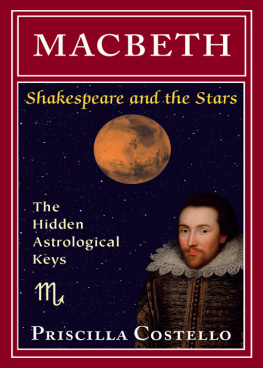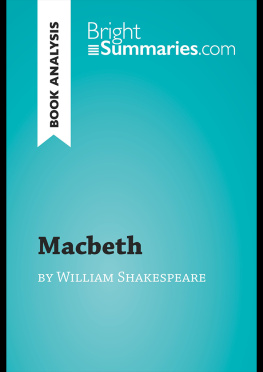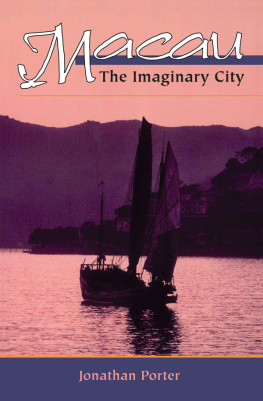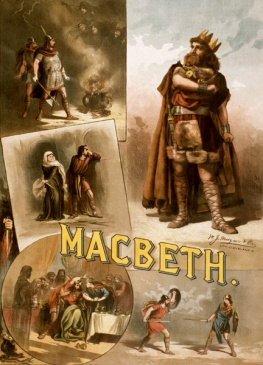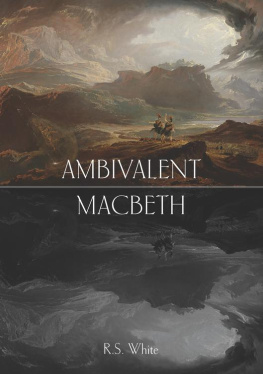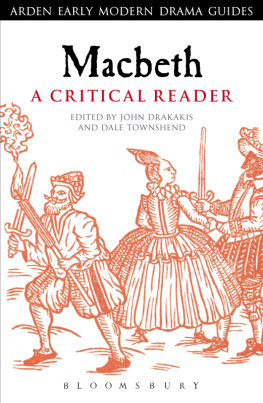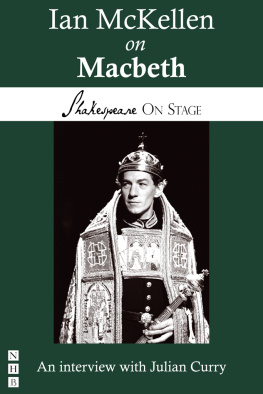THE ARDEN SHAKESPEARE LIBRARY
SHAKESPEARE AND LANGUAGE
THE ARDEN SHAKESPEARE LIBRARY
SHAKESPEARE AND LANGUAGE
Reason, Eloquence and Artifice in the Renaissance
JONATHAN HOPE

Bloomsbury Arden Shakespeare
An imprint of Bloomsbury Publishing Plc
Imprint previously known as Arden Shakespeare
|
|---|
| |
|---|
50 Bedford Square | 1385 Broadway |
London | New York |
WC1B 3DP | NY 10018 |
UK | USA |
www.bloomsbury.com
BLOOMSBURY, THE ARDEN SHAKESPEARE and the Diana logo
are trademarks of Bloomsbury Publishing Plc
First published in 2010 by Methuen Drama
Jonathan Hope 2010
Jonathan Hope has asserted his right under the Copyright, Designs and
Patents Act, 1988, to be identified as author of this work.
All rights reserved. No part of this publication may be reproduced or transmitted in any form or by
any means, electronic or mechanical, including photocopying, recording, or any information
storage or retrieval system, without prior permission in writing from the publishers.
No responsibility for loss caused to any individual or organization acting on or refraining
from action as a result of the material in this publication can be accepted by
Bloomsbury or the author.
British Library Cataloguing-in-Publication Data
A catalogue record for this book is available from the British Library.
eISBN-13: 978-1-4081-4375-9
Library of Congress Cataloging-in-Publication Data
A catalog record for this book is available from the Library of Congress.
For Jennifer
CONTENTS
Ideas about Language in Shakespeare
1: Discourse, Artifice and Silence
Ideas about Language in Shakespeare
2: Words
One of the ways to spot a good pub in Britain is to look behind the bar not at the beer taps, or the range of whiskies, but to see if there is a dictionary there. Whenever I see a slightly battered Chambers , or a one-volume Oxford , I know I am in the kind of pub where the beer is good enough to encourage regulars to hang around and have the sort of pointless pub discussions that end up in arguments about semantics. Ours is a culture of the dictionary if we want to know what a word means, we look it up, even if we are several pints to the good in a debate we will have forgotten the next day. But is it not a strange situation when people defer to the authority of a pile of thin sheets of paper sewn together and wrapped in cardboard? Do we really not know what we want the words we use to mean? This is a book about a different linguistic culture: one that existed without dictionaries of English, where there was no authority on the shelf, and which therefore had a very different relationship with language a culture, in fact, for which it is possible to argue that language itself was a different thing.
Because our culture conceives of language differently to the Renaissance, many of the ideas in this book are strange and counterintuitive, and the difficulties I have encountered in writing it have generally been to do with realizing (often painfully) how my own preconceptions about language were preventing me from understanding Renaissance understandings of language. Differing approaches to creativity, the artificial, linguistic variation; different conceptions of what the stuff of language is; even a fundamental difference in what words are all of these separate us from Renaissance conceptions of language. We are still, despite modernism and postmodernism, the heirs of the Romantics when it comes to the aesthetic values we associate with language and creativity. We are still, despite a rhetoric of egalitarian political correctness, the heirs of the eighteenth- and nineteenth-century prescriptivists when it comes to linguistic variation. We are still, despite the free play of postmodernism, at a loss to understand how the culture that produced the most beautiful and sophisticated literature in the English language could place itself so in thrall to the apparently brain-dead knee-jerking of the pun.
I examine these differing conceptions of language as they were generally understood in shift the focus from ideas about language to what Shakespeare does with language. I show how computer text analysis is allowing us to ask new questions about Shakespeares texts (such as what might constitute genre), and answer old ones in new ways (such as what might constitute late style). In the end, I hope the reader will have a new appreciation of the subtlety and fluidity of Renaissance thought about language, and the seriousness, both moral and in terms of craftsmanship, with which Renaissance authors approached its use.
I hope there is proper acknowledgement in the text and notes of specific intellectual debts in this book, but I would like to pick out here work by three scholars who have inspired me throughout, in different ways. Malcolm Bulls Mirror of the Gods , in style and content, made me see both the deep and superficial relevance of classical mythology to the topic; Phil Bensons Ethnocentrism and the English Dictionary lies behind a chapter on language for The New Cambridge Companion to Shakespeare Studies though it did feel like being asked to dance for Pavlova.
Brian Vickers read a first draft of the whole book, and was immensely generous with his comments (in all senses of the word). He has been an example to me of what serious scholarship is, and one of the pleasures of writing this book has been learning from him; Jonathan Sawday and Jennifer Smith also read large amounts of text. I am indebted to all three, each of whom has improved the book greatly, and am alone responsible for the faults and omissions that remain. Mike Witmore, with typical generosity, allowed me to use parts of our collaborative work in . He and his wife Kellie Robertson are now in Madison, Wisconsin, but they used to be in Pittsburgh, and that is where I found the enamel plate illustrated in Figure 3. Margaret Bartley has been an exceptionally patient, and supportive, publisher throughout: I am very grateful for her belief in this book.
Work on the book has been supported by an AHRC sabbatical award, and two periods of research leave made possible by the generosity of my colleagues in English Studies at Strathclyde University. It is a great pleasure, at last, to be able to acknowledge both. I began the book on the Scottish island of Giga, where Bill and Rosemary Legg kindly invited us to house-sit, and I completed it in Japan, where my wife Jennifer Smith held a three-month visiting professorship at the University of Kyoto. I am grateful to the Faculty of Letters, Kyoto University, for an appointment as a guest scholar, which gave me library access and for so thoughtfully placing a statue of Mercury next to the main Faculty Library to inspire me. I would also like to thank the staff of the Faculty Periodicals Library, where I did most of the final work.
Wherever we went in Japan, Jennifer and I were met with unstinting generosity and hospitality in particular from Yoko Iyeiri at Kyoto University, who set up the trip and was our official host, and Akinobu Tani and Mitsume Uchida in Osaka, who ensured we saw more of Japan than the inside of its libraries. In Kyoto we were also made welcome by Takayuki Sakai, Yuko Doi, and all at Kansai Technology Licensing Ltd, Hikaru Saitoh of Kyoto Seika University, Shuzo Ueda, Director of the Manga Museum, Kaori Ashizu of Otani University, and Atsuhiko Hirota of Kyoto University. Ryuko Kawabe had the thankless task of trying to teach us Japanese, and, despite our poor progress, arranged for us to see kabuki and Noh. In Tokyo we were incredibly fortunate to be able to stay with Masako Hayashi our sensei when it came to the wonders of Japanese home cooking and Aya, Neo and Ash, who also shared their home with us. Toshiyuki Takamiya introduced us to Shoichiro Kawai, who very kindly and generously arranged for us to see professional Japanese productions of his texts of
Next page

